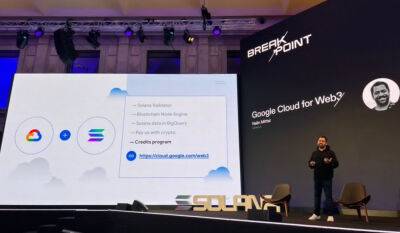CFTC action shows why crypto developers should get ready to leave the US
Considerable anxiety exists in the world of Web3 related to regulation and the legal status of cryptocurrency projects. It’s particularly apparent in the United States, where the Commodity Futures Trading Commission (CFTC) fueled concerns in September with an announcement that it was imposing a $250,000 fine on a decentralized autonomous organization (DAO), Ooki DAO, and its investors. The fine was particularly ominous, considering DAOs are intended to be “regulation proof.”
The CFTC said in its statement on the issue that Ooki DAO’s bZeroX protocol offered illegal off-exchange trading of digital assets. The agency took issue with the fact that the founders, Tom Bean and Kyle Kistner, tried to use the existing bZeroX protocol within the DAO to put it beyond the reach of regulators.
“By transferring control to a DAO, bZeroX’s founders touted to bZeroX community members the operations would be enforcement-proof,” the CFTC said. “The bZx Founders were wrong, however. DAOs are not immune from enforcement and may not violate the law with impunity.”
The fine is not all that surprising. The CFTC and other regulators are not going to abide by a veil of decentralization. But, there is something within the ruling that is extremely worrying to Web3 lawyers and developers. The agency’s complaint indicated that the voters within a given DAO could be distinctly liable.
In other words, no longer will only founders be targeted, as users who take part could also be liable. This is sure to have a chilling effect on turning people away from DAOs and Web3 in general. After all, the whole point is to avoid this kind of targeting and to create new ecosystems where all parties can vote in peace on issues that concern them.
Related: Biden’s
Read more on cointelegraph.com















